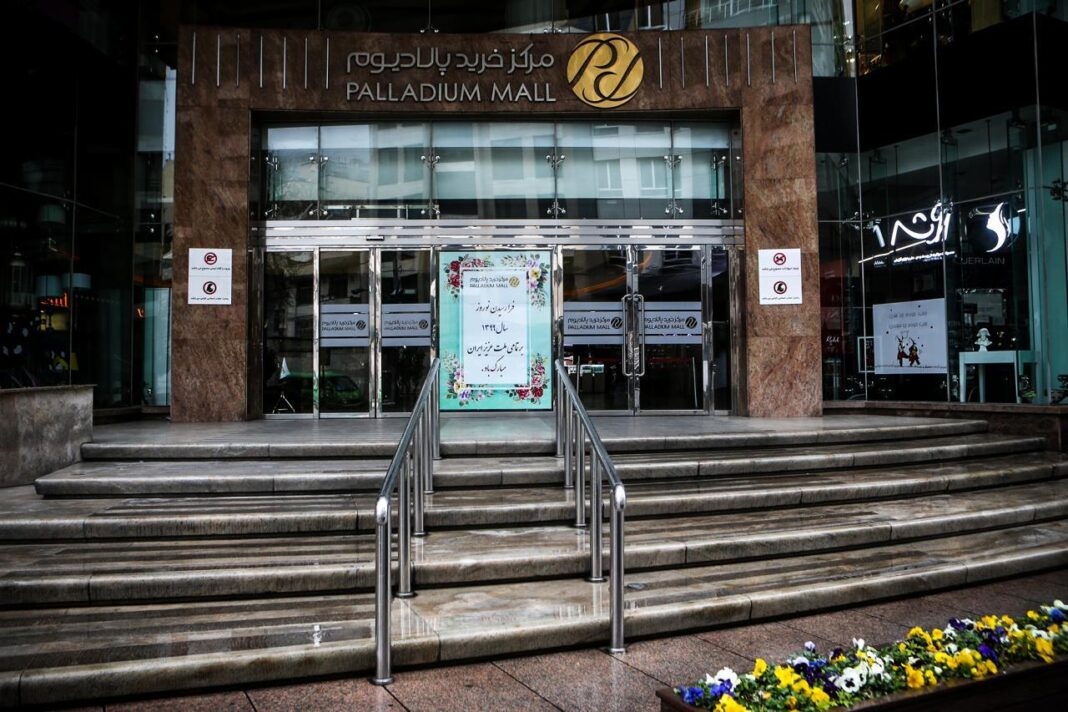Based on the plan, jobs and occupations have been divided into three groups. Some of them must close down. Some others must restrict the scope of their activities and the rest must continue their operation.
Occupations and centres that must close down are:
- Universities, schools, kindergartens
- Shopping centres and malls
- Exhibitions
- Laundromats, luxury stuff shops, toy shops
- Video game cafes, coffee shops, teahouses, cafeterias
- Carpet shops, smoking stuff shops
- Reception halls and those who hold ceremonies and gatherings
- Swimming pools, gyms, parks, funfairs, and zoos
- Centres for social, cultural, and religious ceremonies
- Makeshift daily and weekly markets
- Institutions, museums, cinemas, and theatres
- Home appliance and gift shops
- Digital printing, ateliers, photo shops
- Hostels, accommodation centres, villas for rent, and interior designing shops
- Home appliance shops, confectionaries, clothing and clothes shops
- Taylor shops, stationery shops
- Building material shops, iron and girder shops
- Spare parts shops
- Printing houses
Occupations that must restrict their activities are:
- Government service offices
- Police+10 offices
- Judiciary service offices
- Notaries
- Civil electronic service centres
- Exchange offices
- Banks
- Hotels
- Intercity terminals, rail stations, airports

- Chain stores that procure people’s essential needs
- Supermarkets, vegetable and fruits shops
- Meat shops including butcheries, and those which sell chicken and fish meat
- Fruit and vegetable markets
- Dairy stores
- Bakeries
- Catering centres, and delivery food shops
- Gas and CNG stations
- Home and car maintenance centres
- Private and public health centres
- Veterinary clinics and shops
- Food and drug distribution centres
- Ambulance centres
- Drugstores
Iran Launches Online Coronavirus Test for Non-Iranian Nationals
